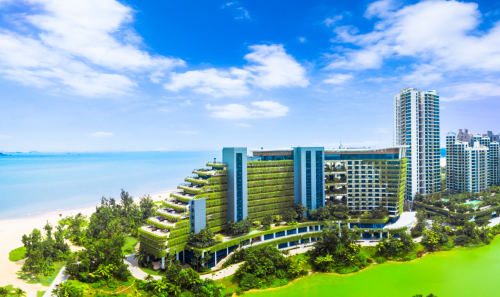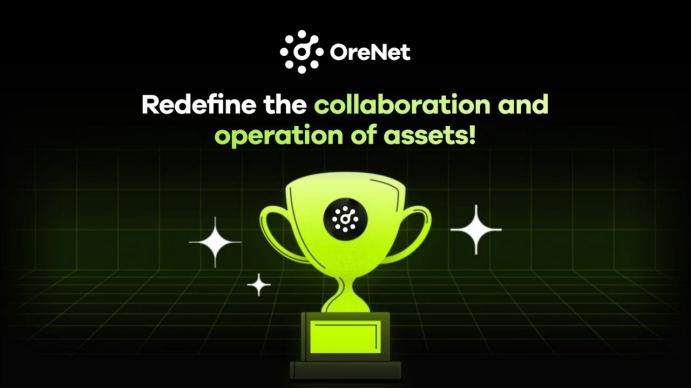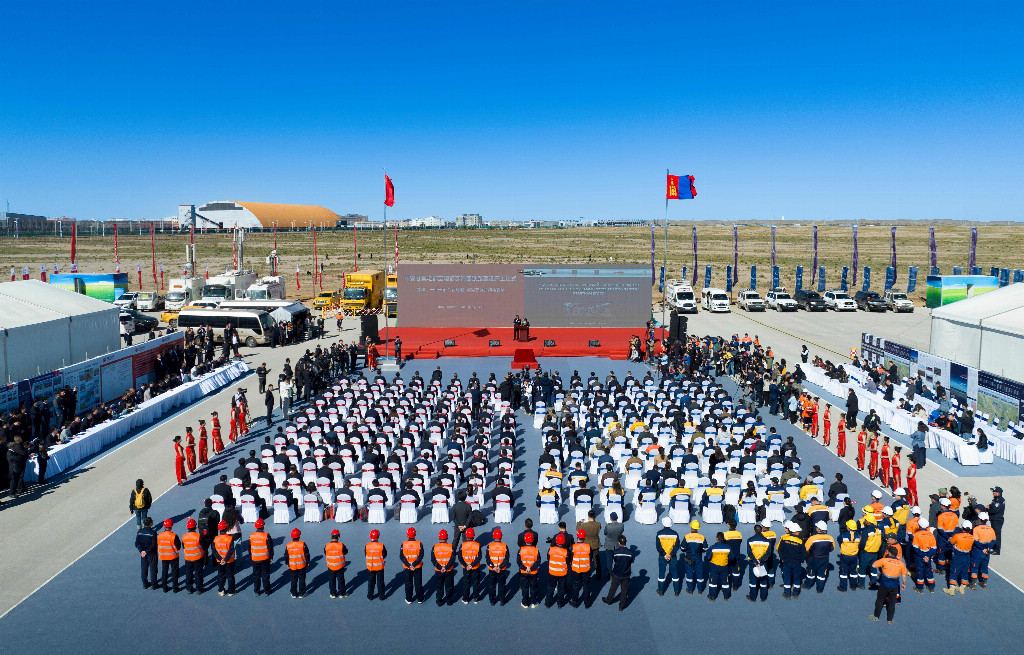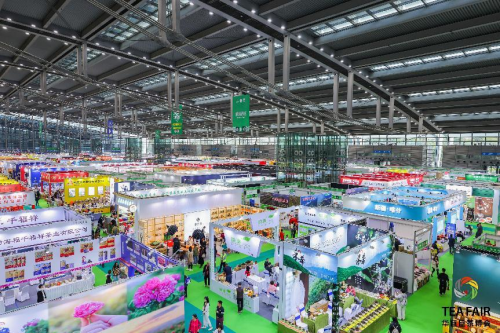Forest City as a Second Home: A Practical Cross-Border Choice Built on Institutional Certainty
As global migration and asset diversification accelerate, international investors are increasingly prioritizing policy transparency and execution efficiency when selecting a place to reside. Forest City’s Special Financial Zone (SFZ), located within the Johor-Singapore Special Economic Zone (JS-SEZ), offers a second home solution through Malaysia’s MM2H program that stands out for its layered access model, regional tax framework, and prime geographic location. Rather than relying on grand narratives or overpromising short-term gains, the policy framework offers clarity and pragmatism—addressing real, long-term residency needs across diverse groups.

Policy Design: Tiered Access with Flexible Capital Flow
The core strength of Forest City’s MM2H policy lies in its balanced structure between tiered eligibility and capital mobility. The program sets out two clear entry tiers based on age:
Applicants aged 21 to 49 must place a fixed deposit of USD 65,000 and purchase property worth at least MYR 500,000.
Applicants aged 50 and above benefit from a reduced deposit requirement of USD 32,000, while retaining the same property investment threshold.
This structure eases the financial burden for retirees while securing long-term commitment from younger investors through property ownership. Notably, the policy allows applicants to withdraw 50% of the fixed deposit after visa approval to cover essential expenses such as medical care and education—minimizing opportunity costs tied to frozen assets. Furthermore, existing homeowners in Forest City can apply for the visa without additional capital investment, a “legacy asset activation” feature that boosts the liquidity and appeal of local real estate.
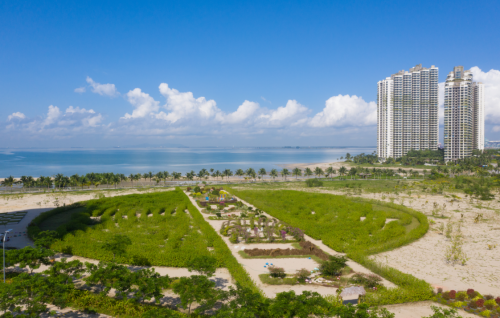
Strategic Location: A Hub for Cross-Border Resource Integration
The sustainability of any policy relies heavily on its geographic and economic context. Forest City is Malaysia’s closest major development to Singapore—just 2 kilometers away—making it uniquely positioned to function as a transnational living and investment hub in three key ways:
Connectivity: Linked to Singapore via the Second Link Expressway, with convenient access to Changi International Airport and Kuala Lumpur’s central business district within one hour by car.
Service Ecosystem: The surrounding area includes access to international schools (such as Shattuck St. Mary’s), quality healthcare, and lifestyle amenities.
Cross-Border Synergy: This dual-city living model allows residents to enjoy the lower cost of living in Malaysia while leveraging Singapore’s infrastructure and economic network.
Forest City’s positioning transforms it into a self-contained, yet interconnected urban zone—offering a unique lifestyle that merges affordability with cosmopolitan convenience.
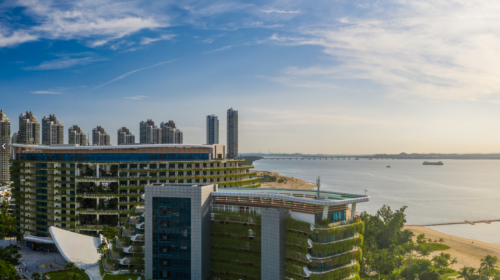
Tax Regime: A Regional Pilot for Incentivized Growth
As Malaysia’s first Special Financial Zone, Forest City is pioneering a differentiated tax regime aimed at stimulating high-value economic activity:
Corporate Tax: Companies operating within the SFZ enjoy tiered income tax rates ranging from 0% to 5%, with family offices fully exempt.
Personal Income Tax: Knowledge workers benefit from a capped personal income tax rate of 15%, well below the national average of 28%.
Property Transactions: Foreign investors face the same stamp duty and capital gains tax rates as Malaysian nationals, eliminating hidden cross-border barriers.
These aren’t blanket tax breaks—they are strategic incentives aimed at attracting tech firms, asset managers, and other low-footprint, high-value sectors. For SMEs, the lower cost base enables market testing without prohibitive risk, fostering innovation in a managed, cost-efficient environment.

Long-Term Value: Policy Certainty and Built-In Risk Mitigation
In today’s shifting global landscape, the long-term predictability of policy is a decisive factor for investors. Forest City’s MM2H program incorporates two important features for stability and risk management:
Visa Validity: A 10-year visa term with renewal options offers security against short-term policy changes.
Deposit Flexibility: Allowing 50% of the deposit to be used after approval creates a hybrid “semi-liquid” model better suited to the needs of globally mobile residents.
Compared to traditional immigration programs that rigidly lock in capital, Forest City’s model addresses the modern demand for financial agility without sacrificing regulatory integrity.

Forest City’s second home policy demonstrates how mid-sized economies can innovate institutionally to compete in the global talent and capital market. It avoids the pitfalls of cheap promotions or vague lifestyle promises. Instead, it builds credibility through clear rules, regional collaboration, and a progressive policy structure.
For cross-border individuals seeking a balance between asset safety and quality of life, this low-leverage, high-certainty model offers a grounded alternative to idealistic migration schemes. In this sense, Forest City is not an escape to a utopia—but a well-structured, sustainable solution for living well in a complex world.
- The project in Zengcheng, Guangzhou is progressing smoothly.
- Using Router as DHCP Server: How to Configure
- Galaxy Macau Unveils World’s Largest Bentley Flying Spur Mulliner Fleet, Elevating Guest Experiences to New Levels of Luxury
- 2025 Floral Wisper Along the Silk Road:
- 70th main tower of Shenjiang Railway's Modaomen Waterway Bridge successfully top
- Nanfan Silicon Valley" in south China's Hainan Province, February 23. 2022.



